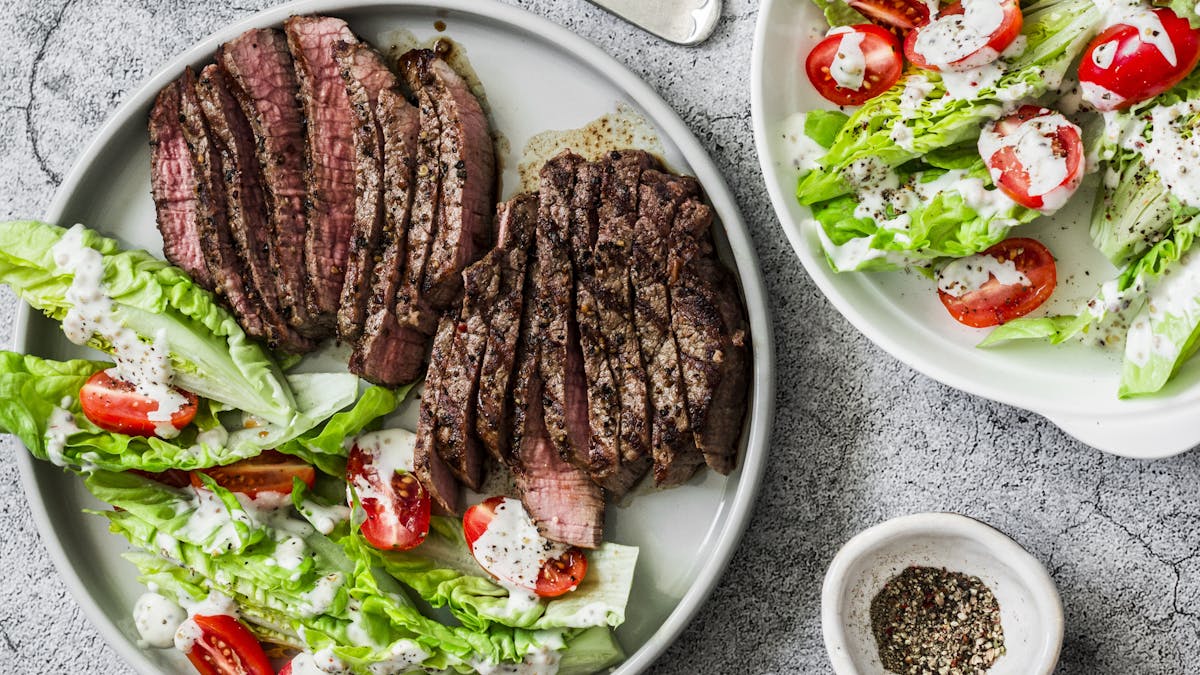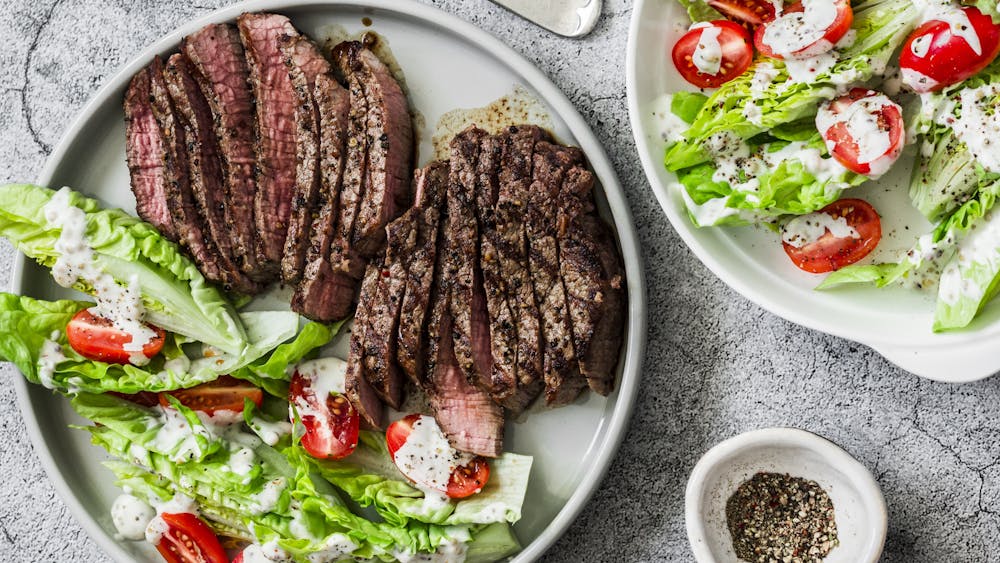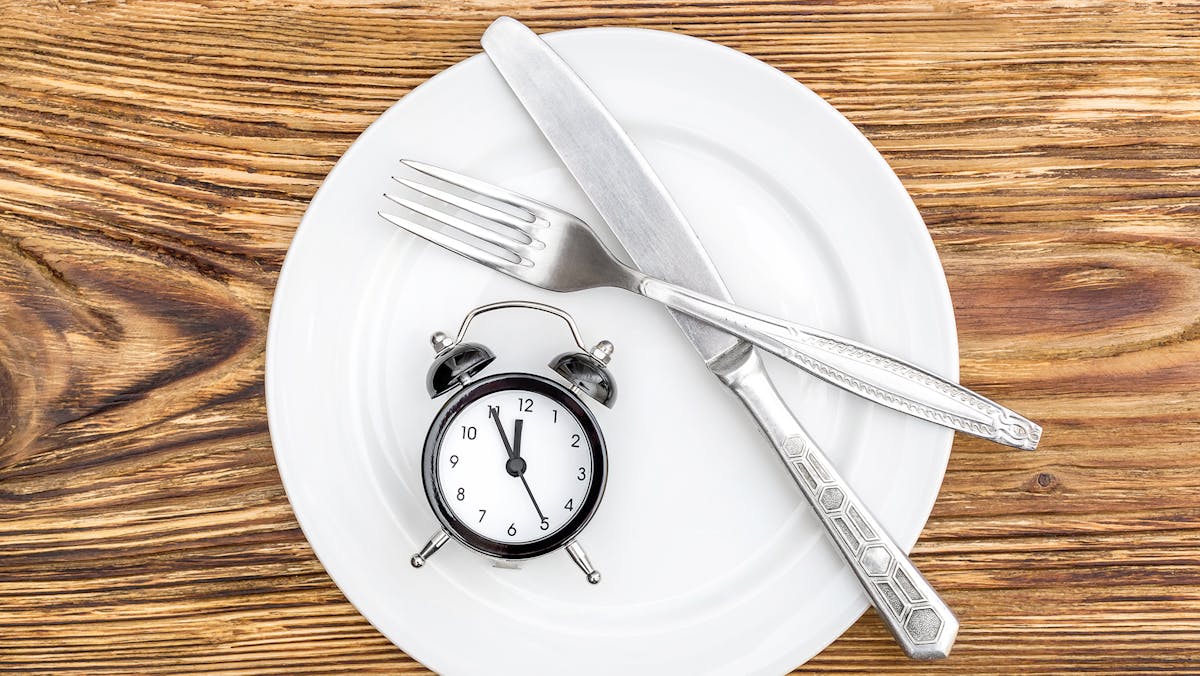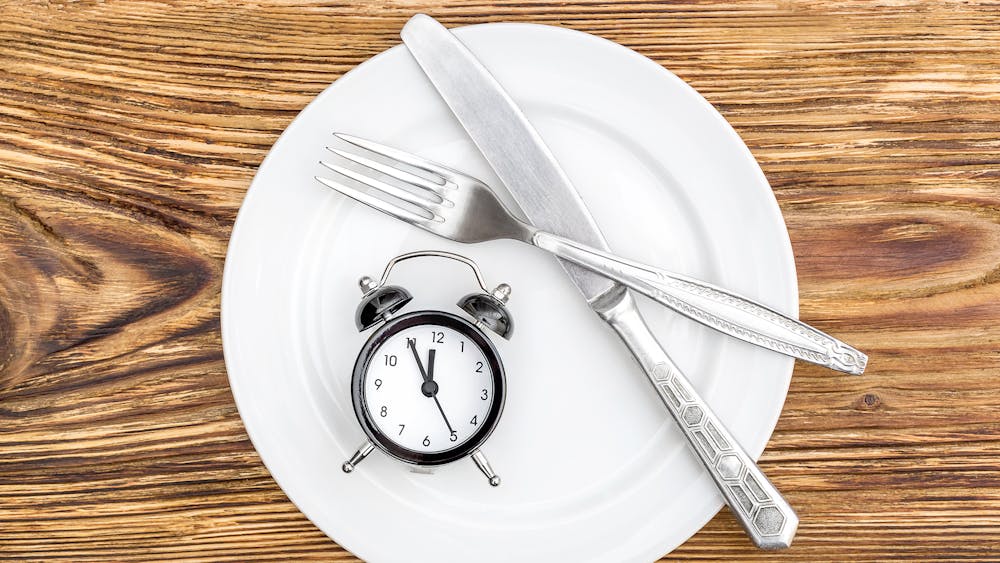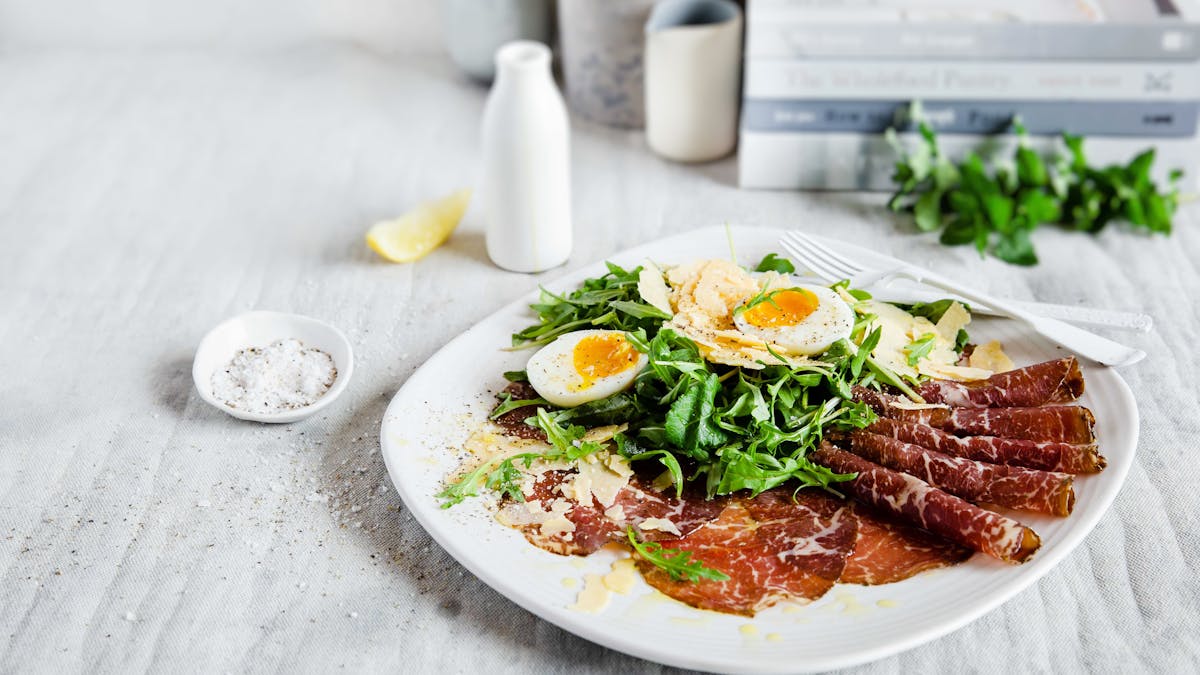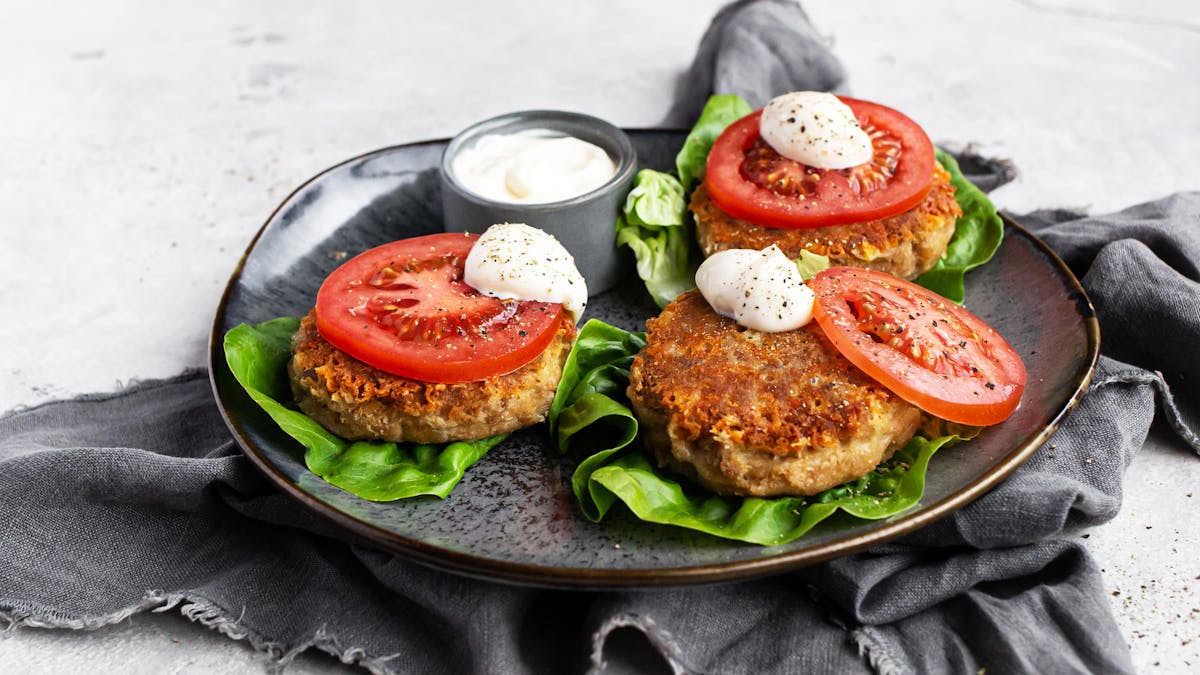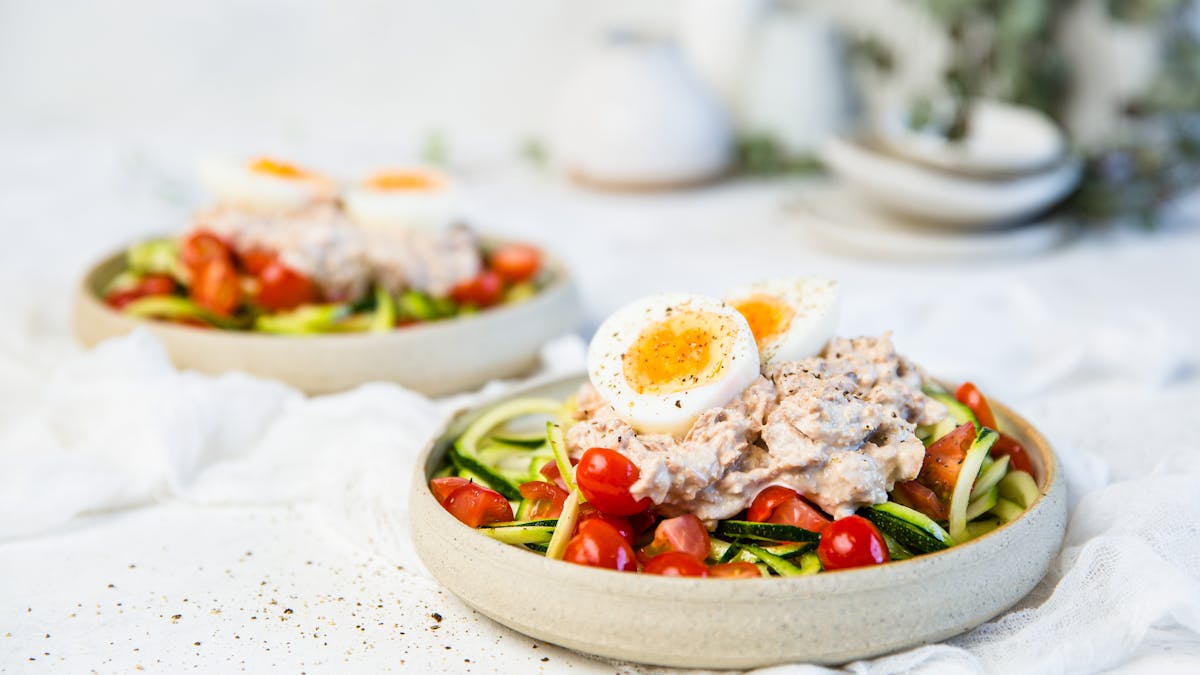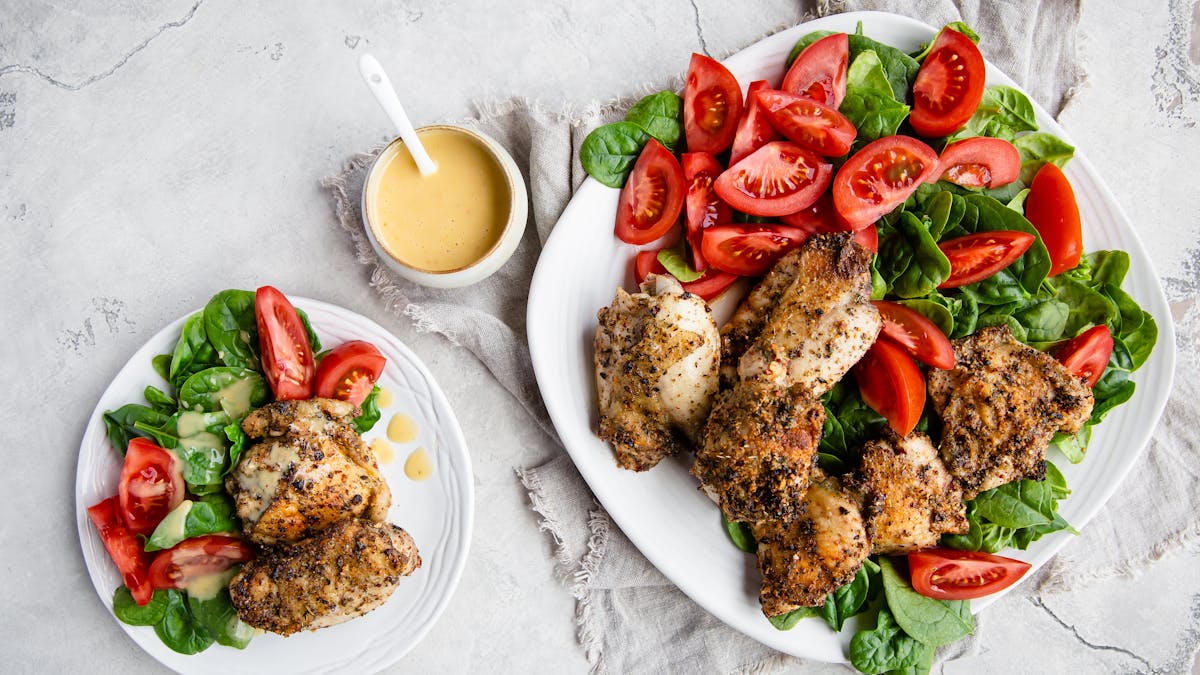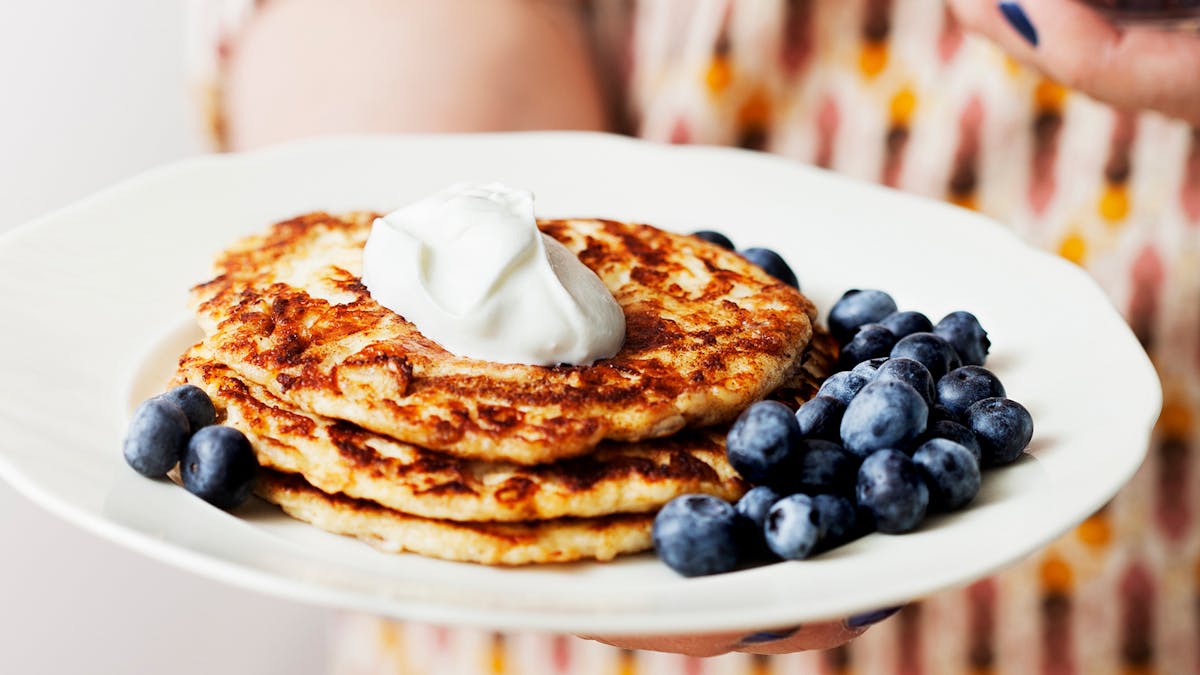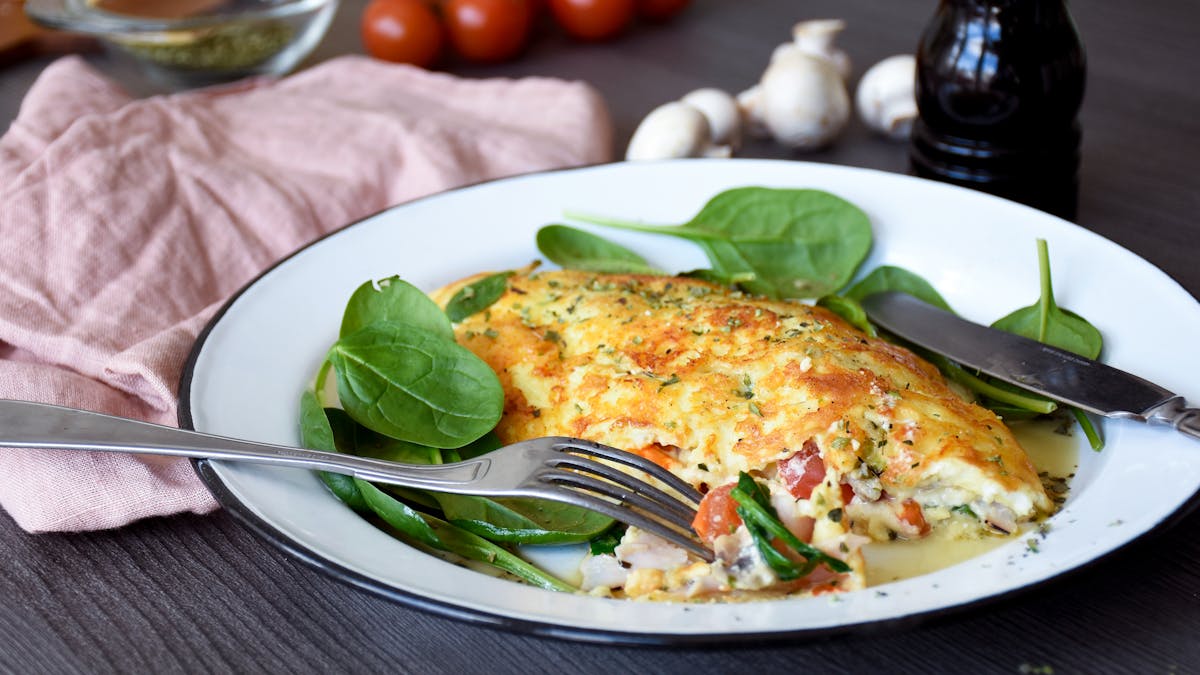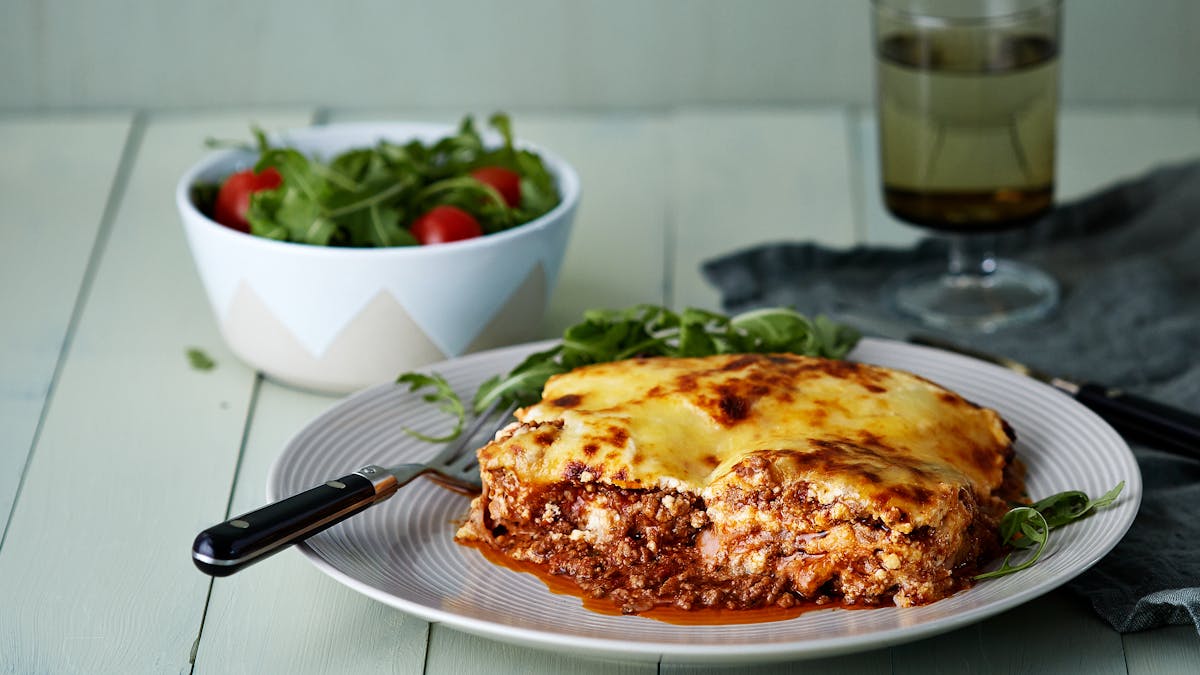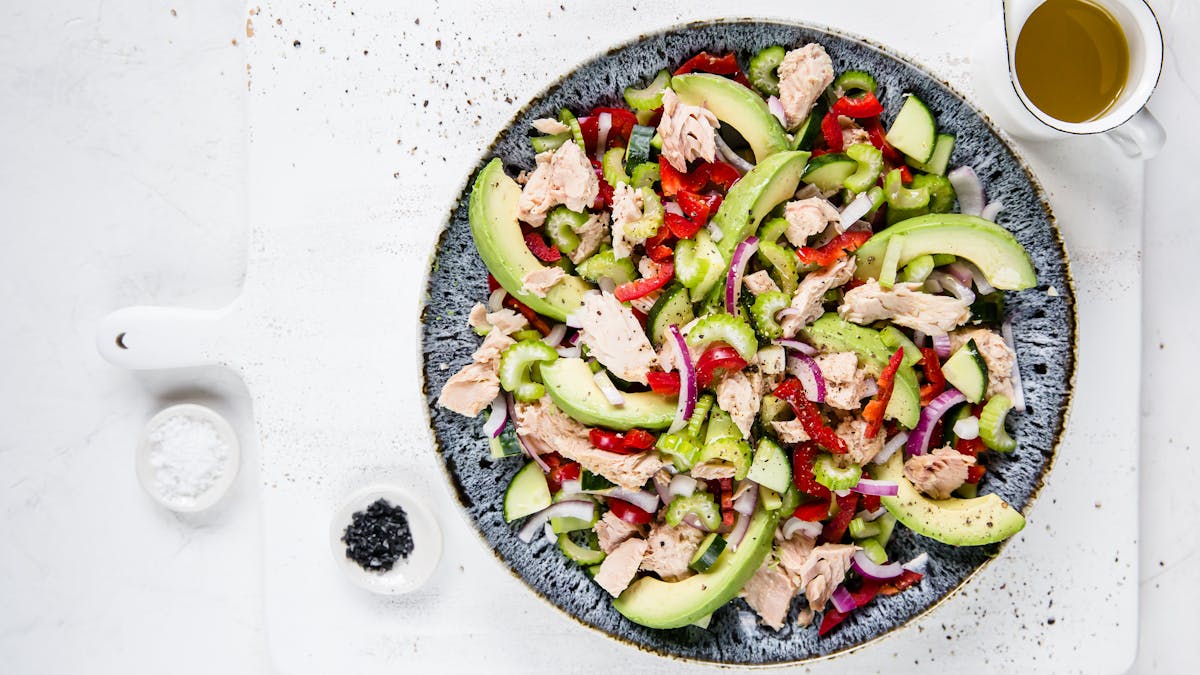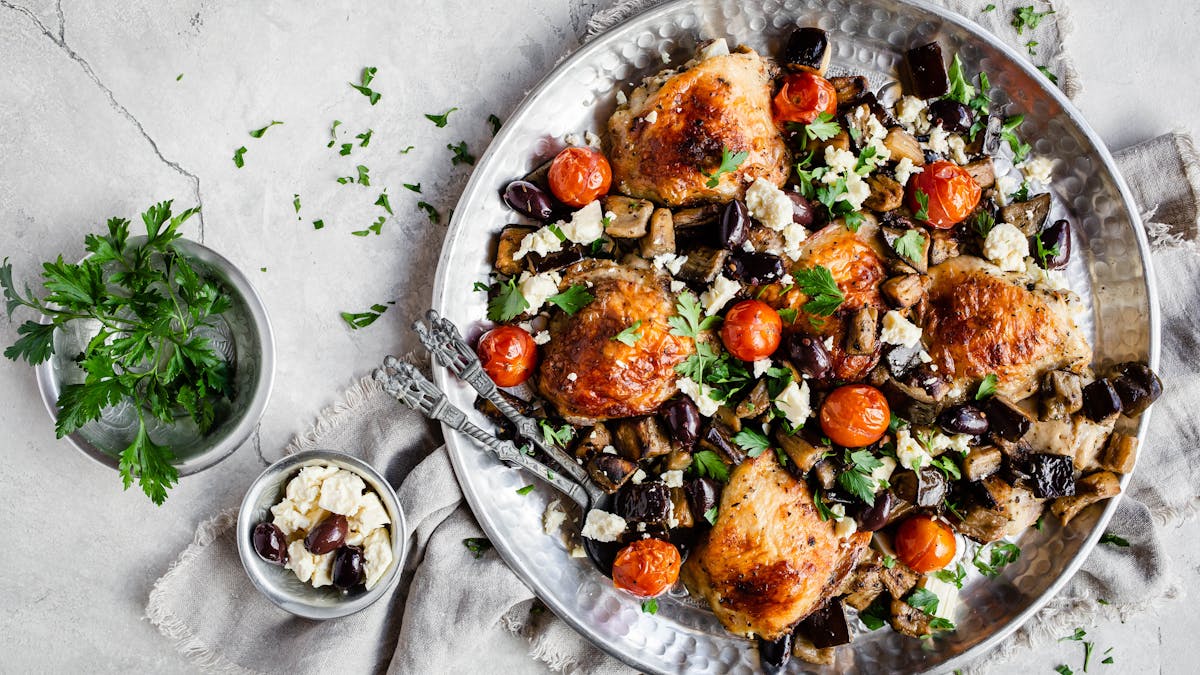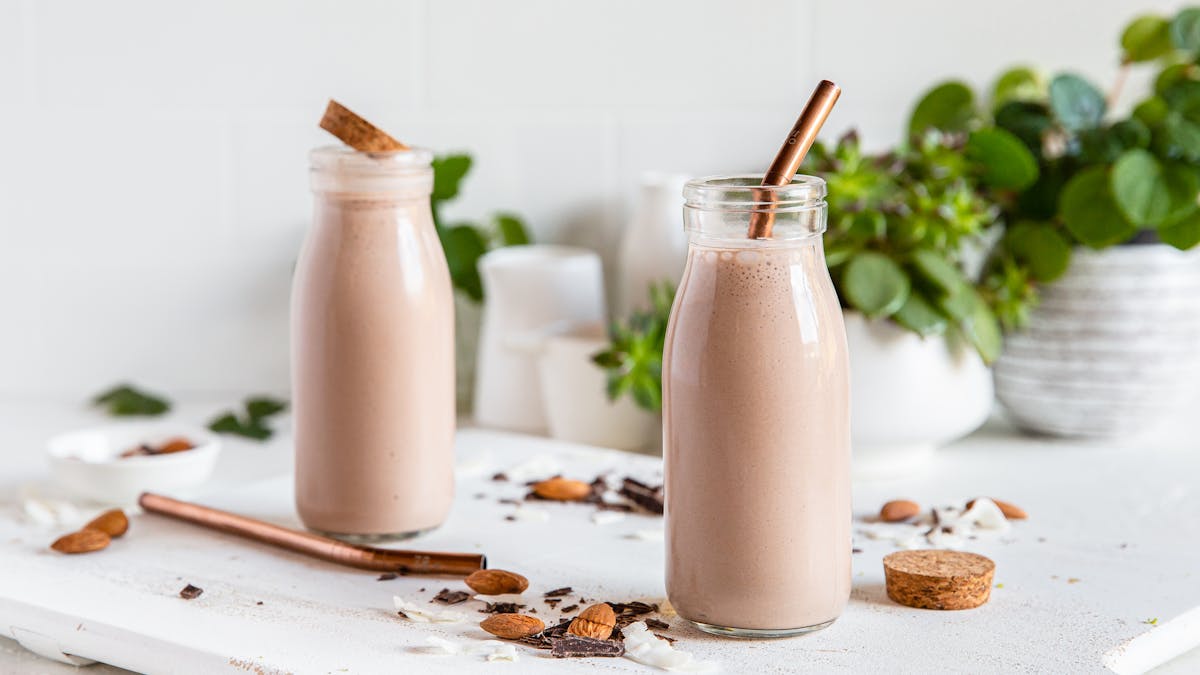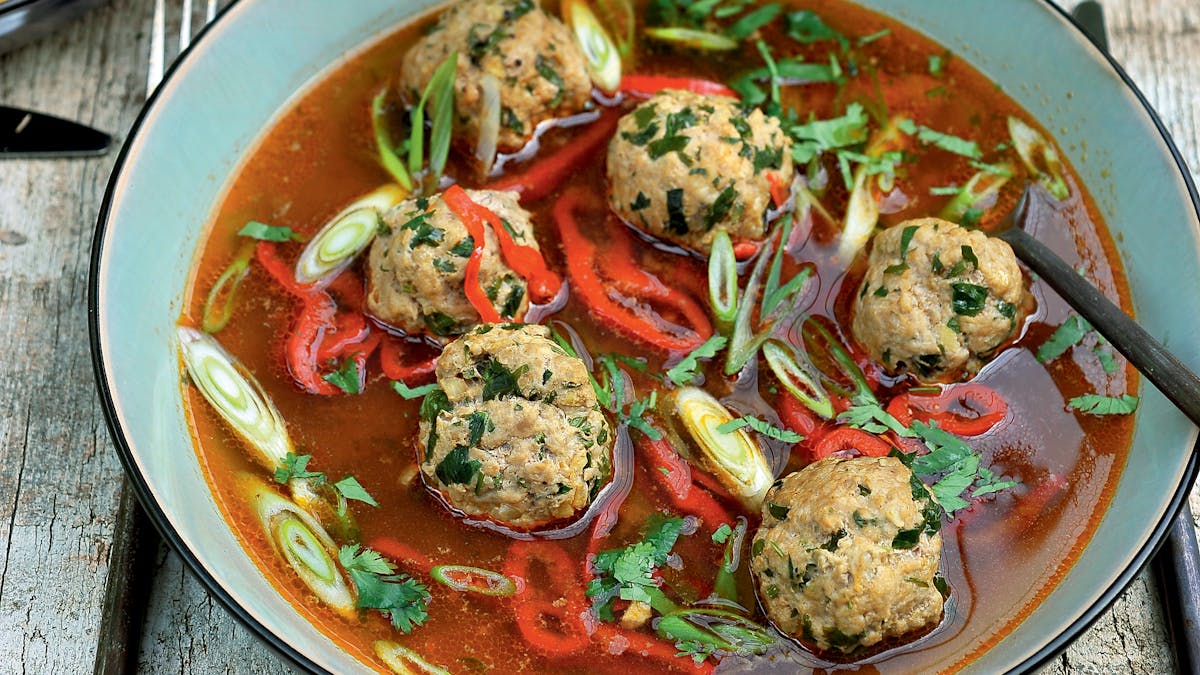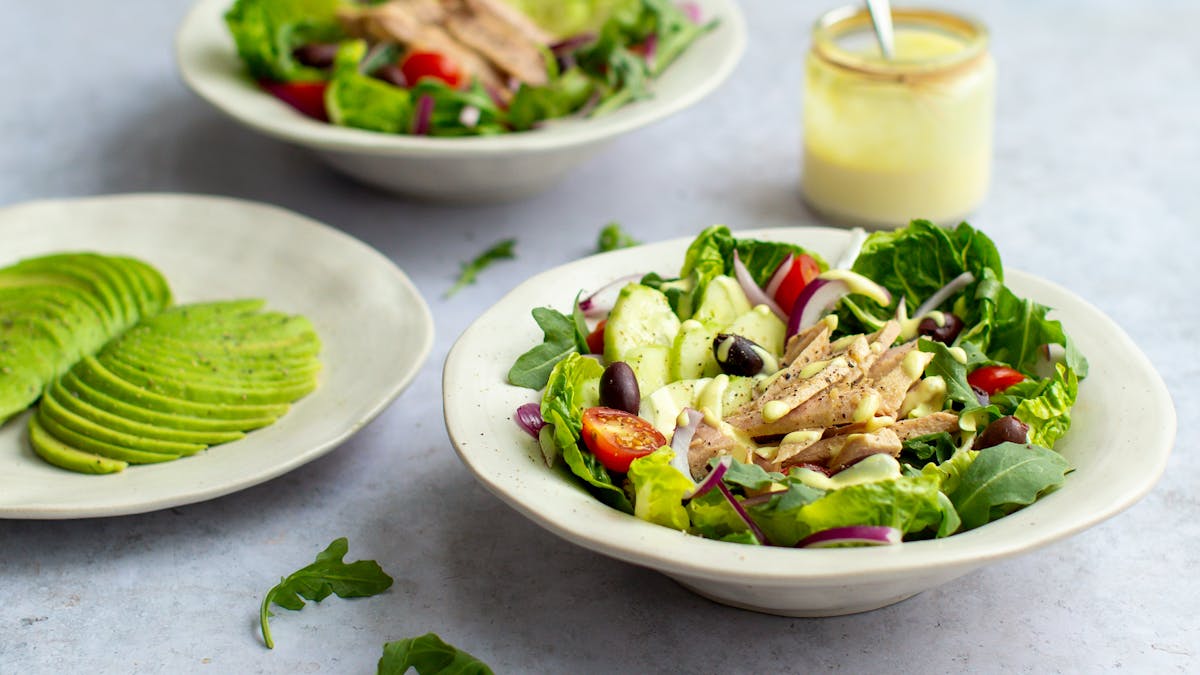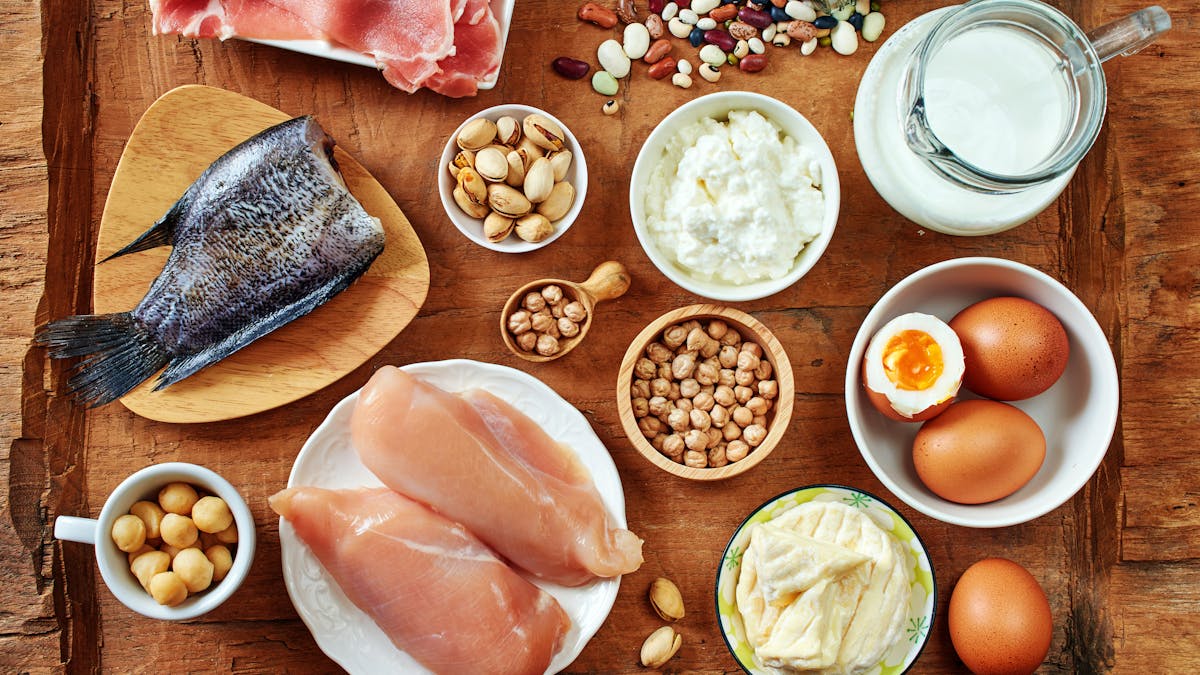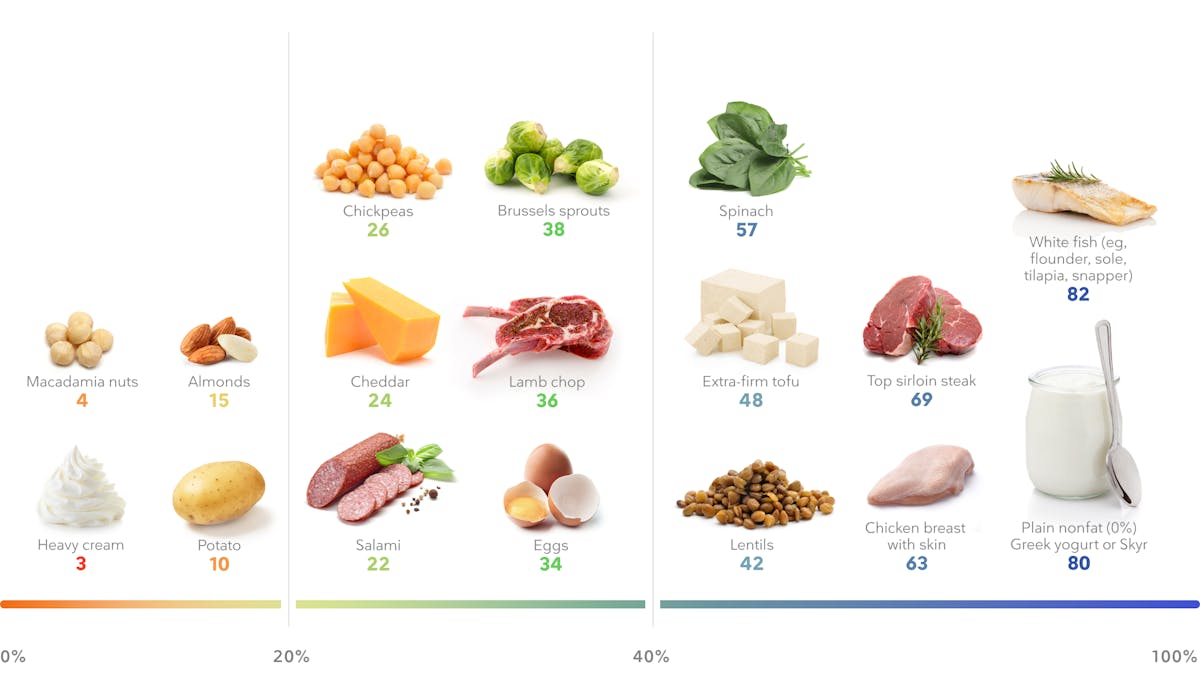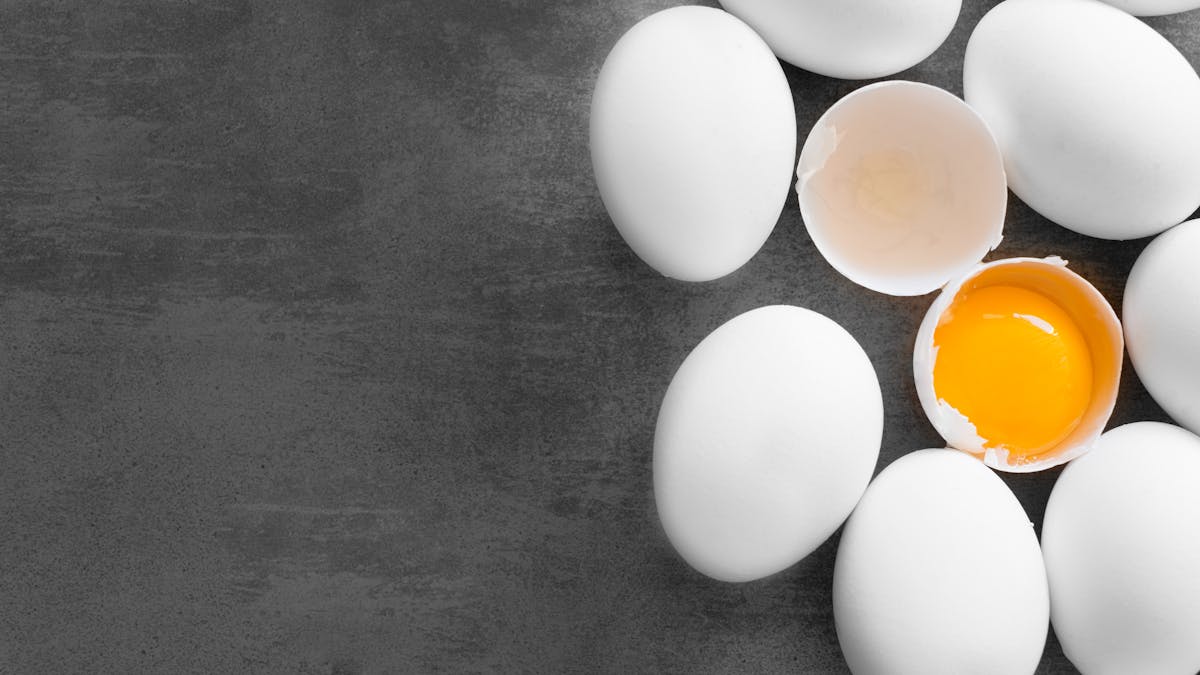Meal plans
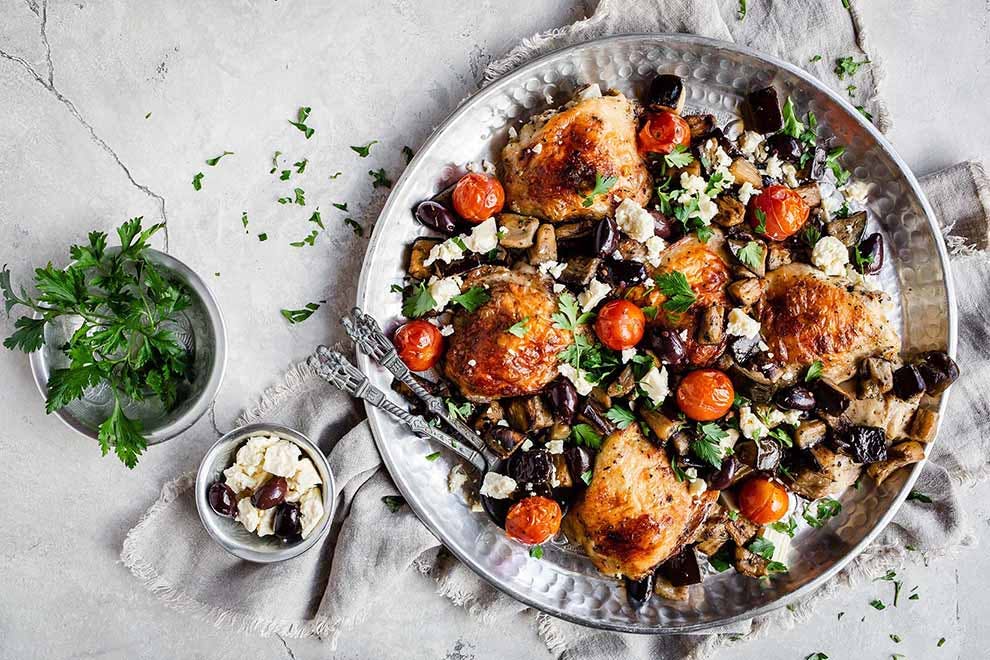




If you want to lose weight and improve your health, we recommend trying a ketogenic (keto), low carb, or high protein diet. One smart tip for staying on track? Follow a meal plan. With breakfast, lunch, and dinner planned for you, it’s much easier to reach your goals.
Meal plans by diet
No problem!

What is the best meal plan to lose weight?
Both a low carb and keto meal plan are successful for weight loss. But if you’re experiencing a weight loss stall — or simply want to speed up your weight loss — intermittent fasting or a high protein diet may be the right choice for you.With a meal plan suited for weight loss, you’ll know exactly how much to eat, and in turn, will give you a healthier and more balanced everyday life.
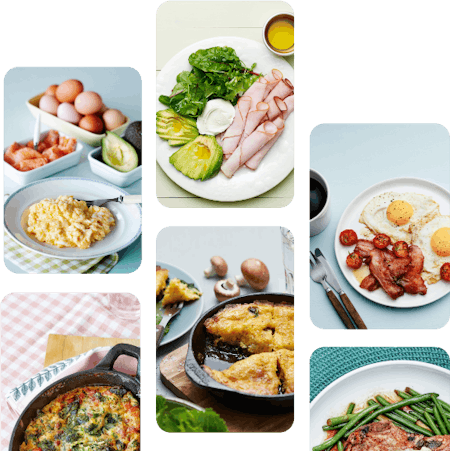
Why should you meal plan?
Whether you’re trying to lose weight or improve your diet, meal planning is a proven tool to help you reach your goals. Meal plans work because they turn a healthy lifestyle into a convenient lifestyle.
Benefits with healthy meal planning
- Save time, money, and stress: While following a diet plan, you don’t have to spend time figuring out what to eat for each meal. You only buy what you know you need, so you save money. You don’t have to stress about what to eat because you already have a balanced meal at your fingertips.
- Get faster results: Knowing exactly what and how much to eat each day is a proven strategy for healthy weight loss. It’s less likely that you’ll overeat — or grab for an unhealthy meal out of desperation.
- Reduce waste: When each food has a purpose, you won’t have to worry about items in your fridge going to waste. You can feel good knowing that you are helping your body and wasting less food.
Shopping lists
With shopping lists, your trip to the grocery store doesn’t have to be time-consuming or frustrating.Get all the healthy foods you need for the following week or two — and spend less time at the supermarket every month.








Get your shopping list on any device: Using a digital shopping tool can be even more beneficial than the more old-school pen and paper. You can access your shopping list straight from your smartphone, print it out, or even share it with family and friends when you don’t have time grocery shopping yourself.
Keto food shopping list
If you’re in a hurry and don’t have time to create a meal plan, use our basic shopping list below. It’s the perfect way to stock up your pantry with healthy foods.View this keto diet food list while shopping on your mobile device (or print it out), and bring it to the supermarket next time you get groceries.
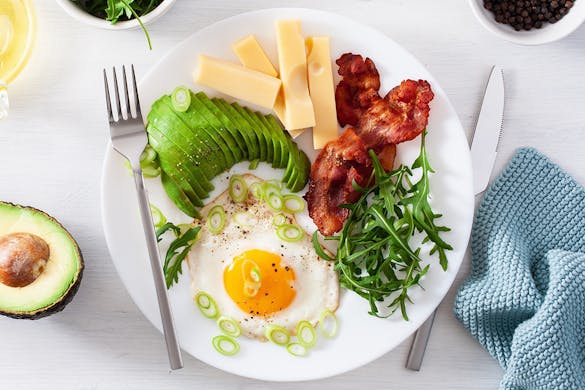
How to make a meal plan work for you
With a diet plan, you no longer have to end up in front of the fridge wondering what to cook or grab an unhealthy meal when you’re on the run. But to actually stick to the meal plan, you need to consider your preferences in food and life circumstances.
Tips for success
- Choose meals that you love: A diet plan doesn’t have to be boring or pact with dull flavorless food. It’s crucial to enjoy the food you eat if you want a sustainable healthy life. Get inspired by our catalog of 1,333 free low carb recipes.
- Use few ingredients: When searching for meals to add to your diet plan, consider choosing recipes that are easy with few ingredients, and use ingredients you already have at home. You’ll save both time and money.
- Cook freezer-friendly meals: Batch meal prepping means additional servings to enjoy for meals to come. Place these “extra” meals in the freezer or in an airtight container in the fridge to enjoy later that same week.
- Plan for quick or no-cook meals: Whether you are often short on time, a frequent traveler, or just fancy a night off cooking, quick or no-cook meals can be a life savior when you want to follow a healthy diet plan.
When you choose meals that are tasty and easy to prepare, you don’t have to choose unhealthy food because it’s convenient.
Meals with 5-ingredient or less

Free low carb diet plan
14-day meal plan
Below 40 grams of carbs per day








This meal plan provides two weeks of delicious, easy low carb recipes for breakfast, lunch, and dinner. Each week features a variety of low carb dishes that will automatically keep you below 40 grams of carbs per day.
Breakfast
Dinner
Free keto diet plan
14-day meal plan
Below 20 grams of carbs per day
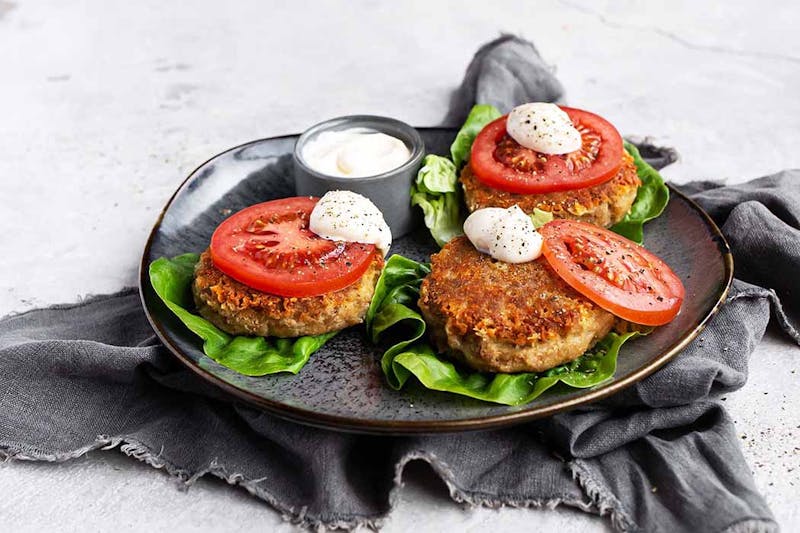



This meal plan provides two weeks of delicious, easy keto recipes for breakfast, lunch, and dinner. Each week features a variety of keto dishes that will automatically keep you below 20 grams of carbs per day.
Free high protein diet plan
14-day meal plan
Below 26 grams of carbs per day
![]()
![]()
![]()
![]()
![]()
![]()
![]()
![]()
This meal plan provides two weeks of delicious, easy, recipes for breakfast, lunch, and dinner. Each week features a variety of low carb dishes that will automatically provide more than 100 grams of protein and keep you below 26 grams of carbs per day.
Breakfast
Dinner
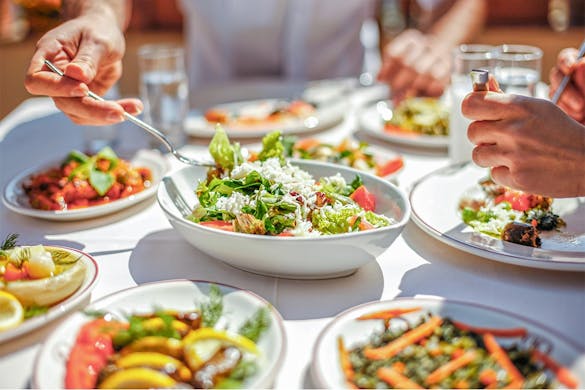
More
Although not universally agreed upon by every expert in the field of ketogenic nutrition, it’s generally accepted that our digestive tracts lack the enzymes necessary to break down the fiber in whole foods and absorb it into the bloodstream. Because this fiber portion of carbs does not raise blood sugar and insulin levels, it is subtracted when calculating carb intake.
Nutrients 2010: Effects of dietary fiber and its components on metabolic health [overview article]
↩Meat is an excellent source of high-quality protein and other important nutrients. It has been unfairly demonized for increasing the risk of heart disease, cancer, and other diseases, based on weak scientific evidence. Guide to red meat – is it healthy?
↩There is no need to fear foods like butter, ghee, cream, cheese, fatty meat, and other foods high in saturated fat. Although not entirely accepted by all experts, several large systematic reviews of clinical trials have found no evidence that saturated fat increases risk of cardiovascular disease, other health problems, or early death:Nutrition Journal 2017: The effect of replacing saturated fat with mostly n-6 polyunsaturated fat on coronary heart disease: a meta-analysis of randomised controlled trials [strong evidence]Learn more:A user guide to saturated fatList of studies about saturated fat and heart disease ↩
Eggs are an exceptionally versatile, keto-friendly food. Although they are high in dietary cholesterol, eating them doesn’t seem to raise cholesterol levels much in most people, and may reduce cardiovascular risk by improving the ratio of HDL to triglycerides or HDL to LDL cholesterol:Current Opinion in Clinical Nutrition and Metabolic Care 2006: Dietary cholesterol provided by eggs and plasma lipoproteins in healthy populations [overview article]Lipids 2017: Intake of up to 3 eggs/day increases HDL cholesterol and plasma choline while plasma trimethylamine-n-oxide is unchanged in a healthy population [moderate evidence]Journal of Nutrition 2008: Dietary cholesterol from eggs increases plasma HDL cholesterol in overweight men consuming a carbohydrate-restricted diet [moderate evidence]
↩These natural plant fat sources are much less processed than industrial seed and vegetable oils. Although we do not have direct evidence that they are healthier, they make more sense from an evolutionary perspective. Learn more: Vegetable oils: what we know and what we don’t ↩
These animal fat sources remain stable during high-heat cooking due to their high saturated fat content. Furthermore, the majority of experimental and observational research has shown that saturated fat doesn’t increase risk of heart disease risk, other diseases, or early death.Open Heart 2016: Evidence from randomised controlled trials does not support current dietary fat guidelines: a systematic review and meta-analysis [strong evidence]Learn more:A user guide to saturated fat
↩

